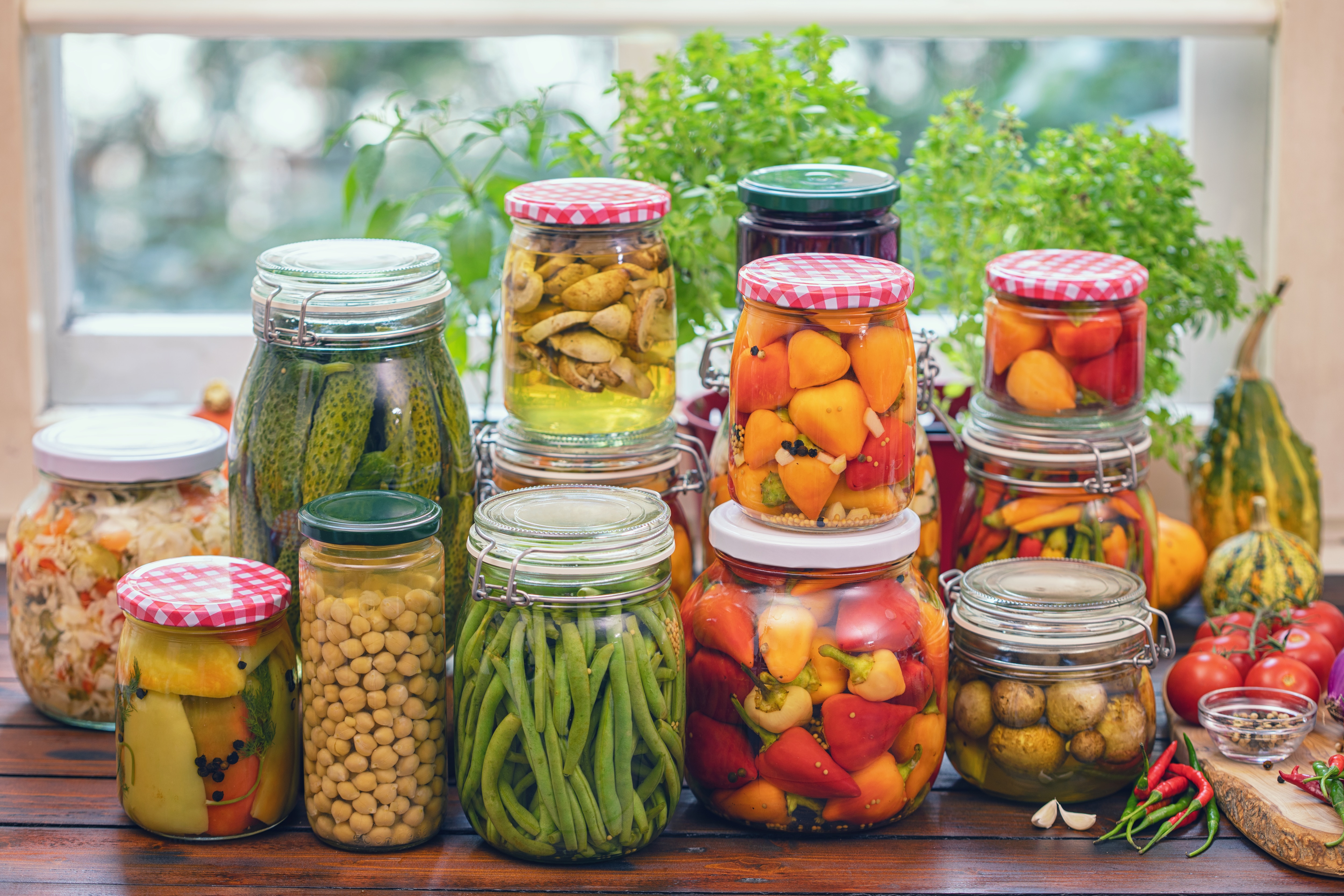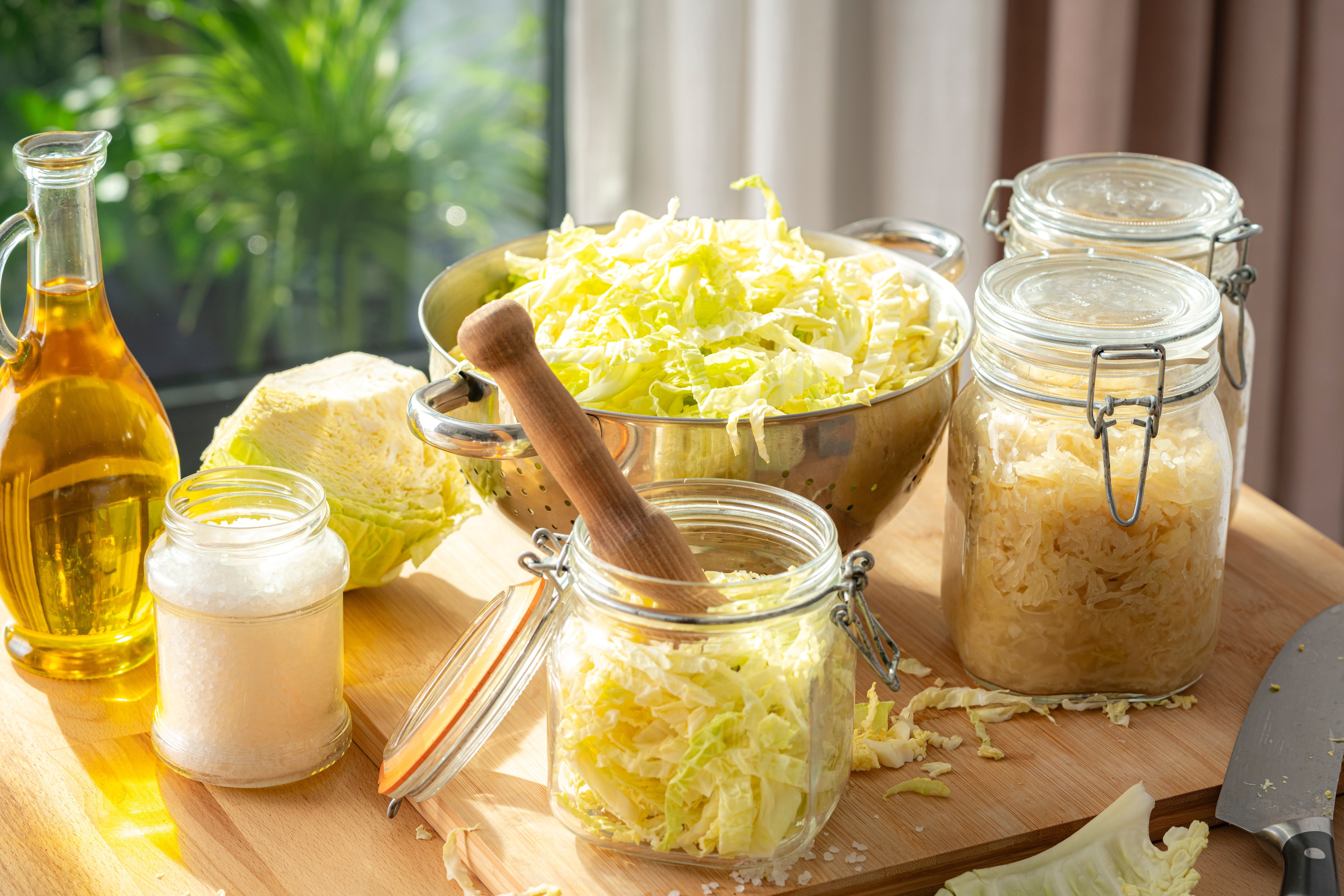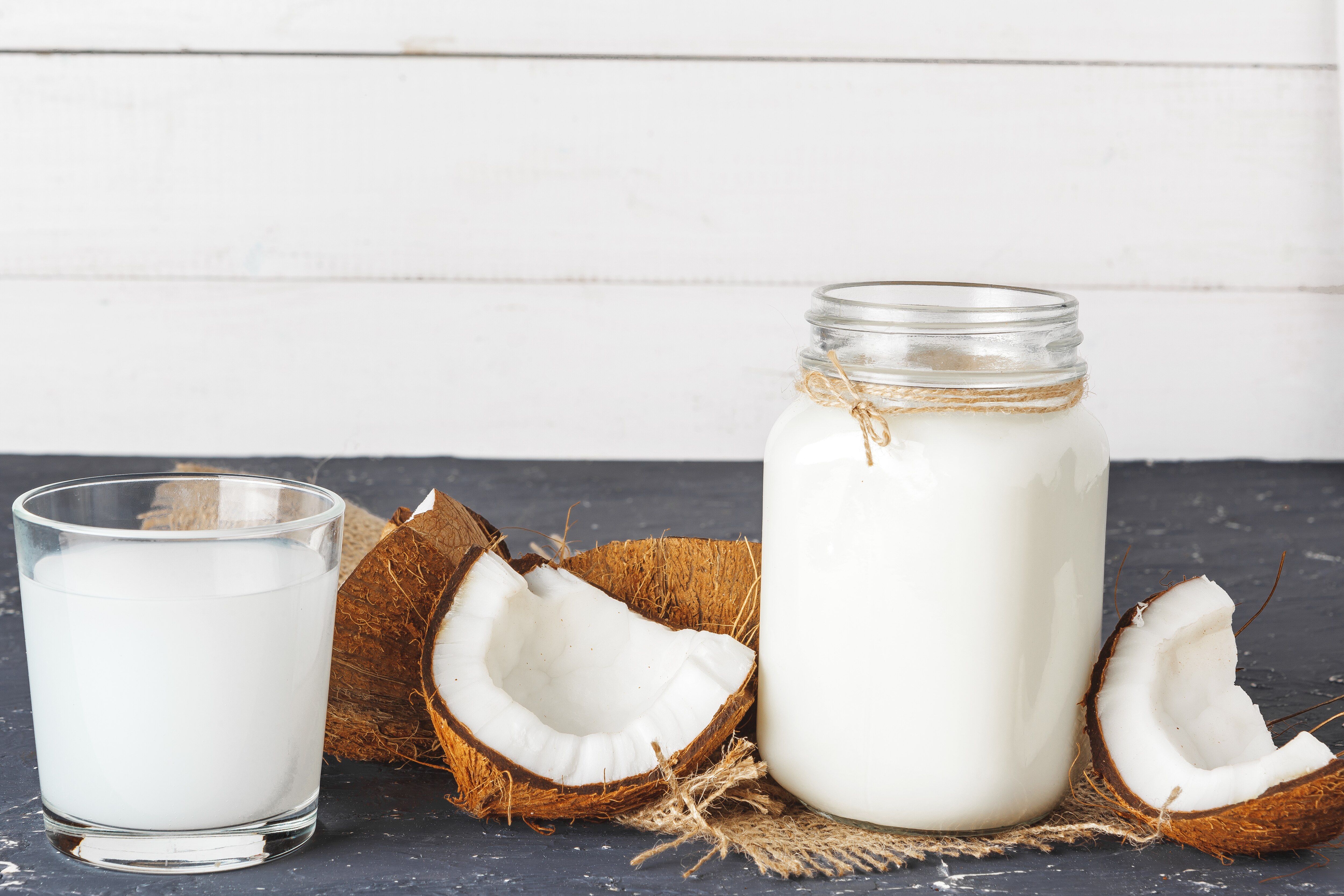
Creating Probiotic-Rich Non-Dairy Foods at Home
Fermented foods have long been celebrated for their rich probiotic content, which can support a healthy gut microbiome. For those following non-dairy diets, there are plenty of delicious alternatives to traditional probiotic-rich dairy products like yogurt. Let’s dive into the science and learn how to make your own non-dairy, probiotic-packed foods at home.
What Are Probiotics and Why Are They Important?
Probiotics are live microorganisms that, when consumed in adequate amounts, may provide health benefits on the host.1 These "friendly bacteria" may help maintain gut health by balancing the microbiota, promoting digestion, and even supporting immunity.2 Below are 3 simple homemade probiotic-rich recipes for non-dairy foods:
1. Fermented Vegetables (e.g., Sauerkraut or Kimchi)
Fermented vegetables are an excellent source of probiotics, particularly lactic acid bacteria.
Ingredients:
- 1 medium cabbage or desired vegetables (e.g., carrots, radishes)
- 2 tablespoons sea salt
- Optional spices (e.g., garlic, ginger, chili flakes for kimchi)
Instructions:
- Shred the cabbage or slice your chosen vegetables.
- Massage the sea salt into the vegetables until they release their natural juices.
- Pack the vegetables tightly into a clean glass jar, ensuring they are submerged in their liquid.
- Cover the jar with a lid (loosely) or a fermentation weight.
- Let it ferment at room temperature for 5–7 days (or longer if desired), tasting periodically until you reach the desired flavor.
Science Note: The fermentation process allows Lactobacillus species, naturally present on the vegetables, to proliferate, creating a probiotic-rich product.3 Fermentation itself doesn’t necessarily create mold, but certain conditions during fermentation can allow mold to grow such as exposure to oxygen, humidity, contaminated ingredients or equipment. Please note that sometimes, what appears to be mold is actually kahm yeast, a harmless yeast that forms a white film on the surface of ferments.

2. Coconut Yogurt
This creamy, tangy yogurt alternative is rich in probiotics and ideal for non-dairy diets.
Ingredients:
- 1 can of full-fat coconut milk
- 1–2 probiotic capsules (ensure they are dairy-free)
- Optional: 1 tablespoon maple syrup (to aid fermentation)
Instructions:
- Shake the coconut milk well and pour it into a sterilized glass jar.
- Open the probiotic capsules and mix the contents into the coconut milk.
- Cover the jar with a clean cloth and secure it with a rubber band.
- Let it ferment at room temperature for 24–48 hours, depending on the desired tanginess.
- Store the finished yogurt in the refrigerator and consume within 1 week.
Science Note: Probiotic cultures such as Lactobacillus and Bifidobacterium thrive in coconut milk, creating a gut-friendly yogurt substitute.4

3. Water Kefir
This fizzy, refreshing drink is a fantastic dairy-free probiotic option.
Ingredients:
- 4 cups filtered water
- 1/4 cup sugar
- 3 tablespoons water kefir grains
Instructions:
- Dissolve the sugar in boiling water and cool to room temperature.
- Add the water kefir grains to the water in a glass jar.
- Cover with a cloth and let it ferment for 24–48 hours.
- Strain the kefir grains and store the liquid in the refrigerator.
- Reuse the grains for your next batch!
Science Note: Water kefir grains contain a symbiotic culture of bacteria and yeast (SCOBY), which produces probiotics during fermentation.5

Homemade non-dairy probiotic foods offer a practical and cost-effective way to support gut health. By experimenting with these recipes, you can enjoy the benefits of probiotics while adhering to your dietary preferences.
+Content generative by AI is provided for informational purposes only and should not be construed as professional advice. Users should exercise discretion and judgment when relying on the information presented. Content does not reflect the opinions or views of Garden of Life®.
1. FAO/WHO. (2006). Probiotics in food: Health and nutritional properties and guidelines for evaluation.
2. Sanders, M. E., et al. (2013). Probiotics and prebiotics in intestinal health and disease. Gastroenterology, 144(5), 854-865.
3. Marco, M. L., et al. (2017). Health benefits of fermented foods: microbiota and beyond. Current Opinion in Biotechnology, 44, 94-102.
4. Ewe, J. A., et al. (2010). Yogurt: A probiotic carrier. International Journal of Food Sciences and Nutrition, 61(2), 119-136.
5. Santos, A., et al. (2017). Water kefir: Biochemical and microbiological aspects. Trends in Food Science & Technology, 58, 68-78.